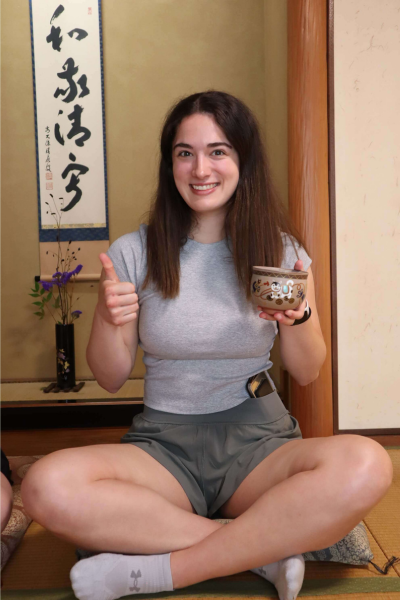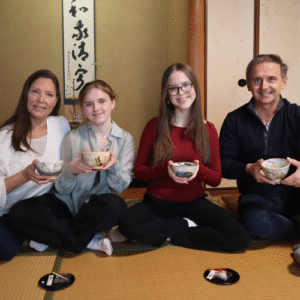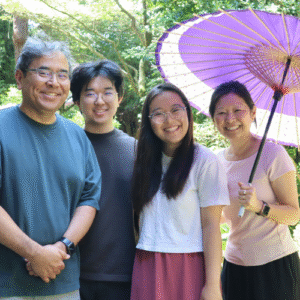Brewing Futures:Alaskan Roots, Kyoto Connections
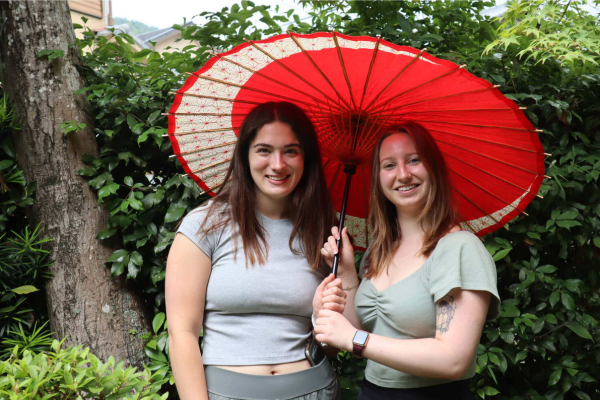
The doorbell rang right on time. I slid open the door to find two young women standing at the gate. “Hello, welcome to Komurasaki-An!” I greeted them with a big smile, ushering them inside. After they had entered, I locked the door, saying, “I’ll lock the door so that nobody breaks into my house.”To be honest, my neighborhood is completely safe; I’ve never heard of a single break-in around here. However, watching the news lately, it seems like robberies and similar incidents are happening frequently all over Japan. So, it’s better to be safe than sorry. I made sure to lock the door tightly.
Also, I recently noticed that there’s a security camera installed on the utility pole right next to my house. I don’t know if Kyoto City put it there, but it seems to be watching over my home 24/7, which gives me peace of mind.
The women who entered the waiting room were a bit nervous at first, but gradually began to relax, and lovely smiles started to appear. When asked, “Are you college students?”, they replied, “We just graduated.” Both had majored in biology at a university in Alaska.
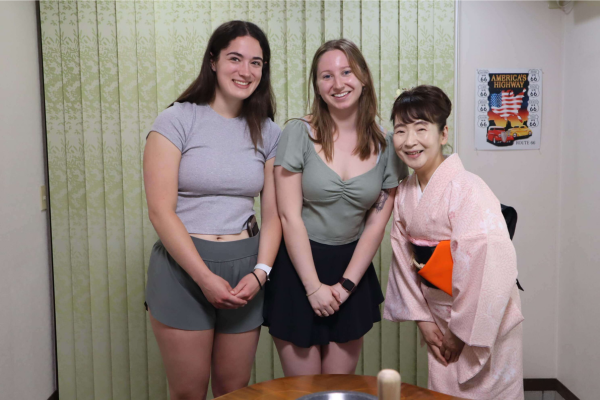
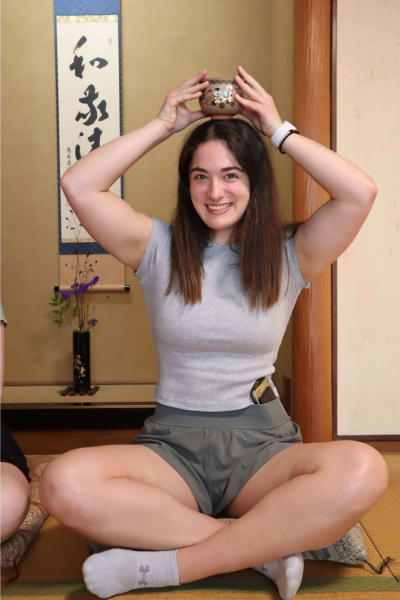
Laine stated emphatically, “I plan to go to medical school and become a surgeon in the future.
Currently, Japan faces a shortage of doctors, and it seems fewer students are aspiring to become surgeons. This trend is likely due to several factors: relatively low income compared to the long hours, and the immense mental burden of holding lives in their hands in a profession where failure isn’t an option.
According to newspaper reports, surgeons in Japan routinely work long hours, handling a wide range of duties beyond just operations, including emergency response, post-operative care, research, and education. University hospital doctors generally earn less than those in private hospitals, which is considered one reason why young doctors are shying away from surgery.
Amidst this situation, Hiroshima University Hospital is reportedly taking a proactive step: starting in fiscal year 2025, they plan to increase the annual salaries of young surgeons by approximately 1.3 times.
Beyond just a pay raise, the hospital is also promoting a multifaceted approach to work-style reform. This includes fostering team-based medical care, reassigning and pooling duties, and implementing inter-shift rest periods, all aimed at creating a more sustainable working environment for their surgeons.
Hearing that Patton is from Washington State suddenly brought on a wave of nostalgia. It reminds me of studying English 20 years ago with my wife at WAL (Washington Academy of Languages) in Seattle. After that, I earned a certificate in Teaching English as a Second Language from a graduate course at Seattle Pacific University. At 50 years old at the time, I was busy every day preparing reports and presentations.
Looking back, life in Seattle back then was busy, but it’s one of those wonderful memories I’ll cherish forever.
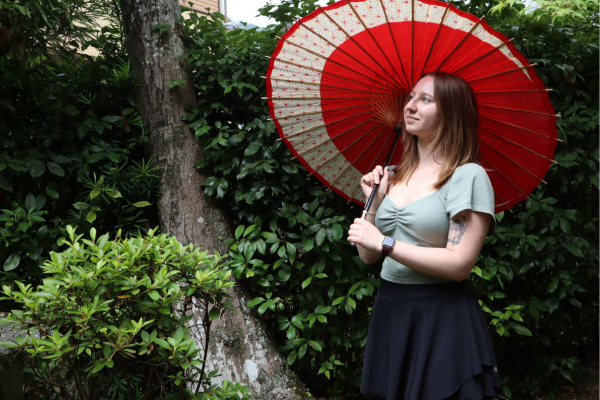
These are photos of Naoko & me (Aki) in Seattle
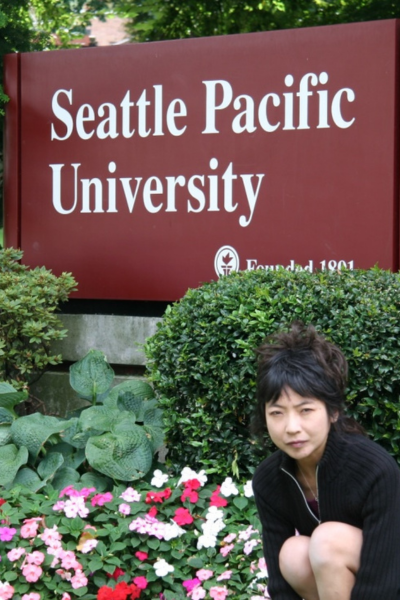
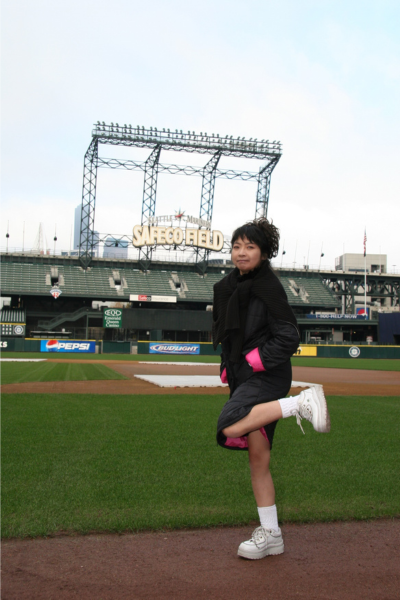
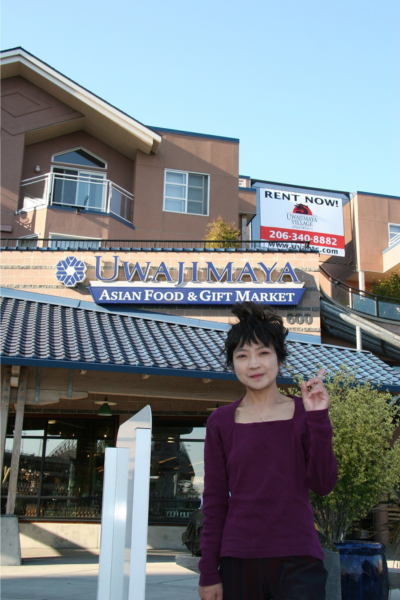
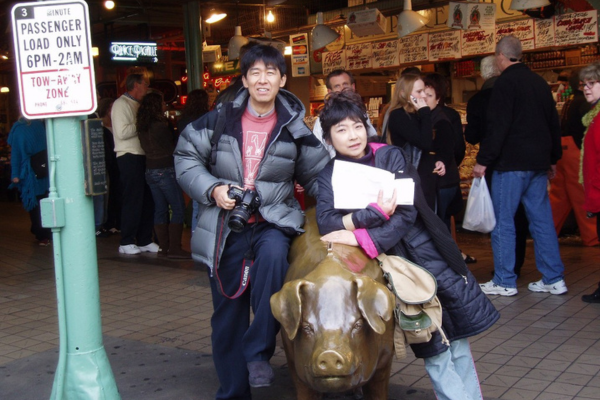
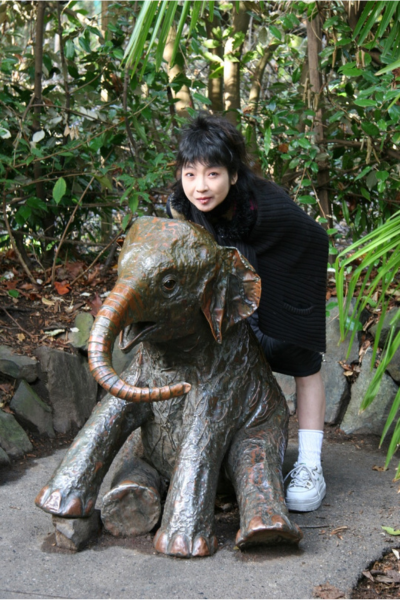
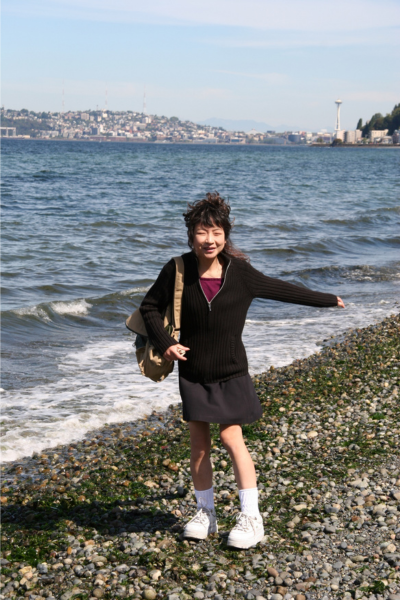
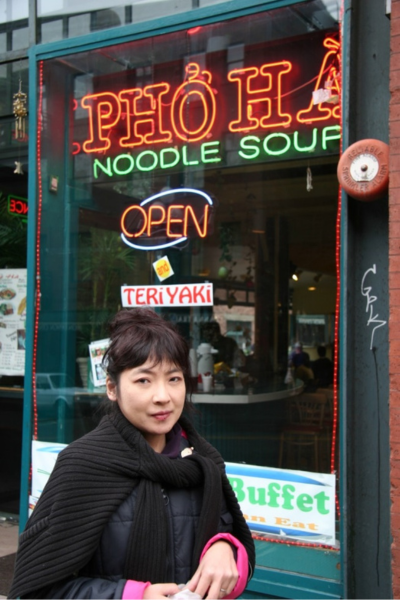
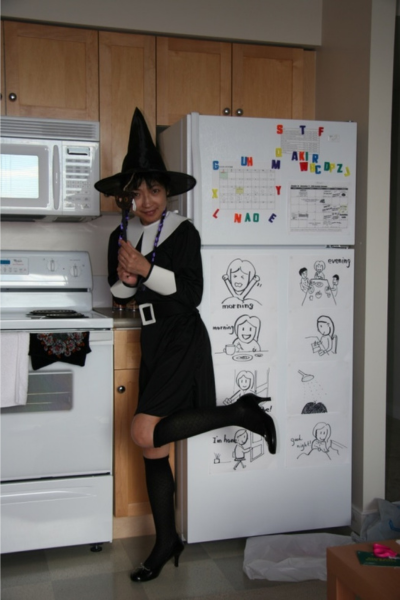
I still vividly remember that difficult yet enjoyable year I spent living in Seattle, even after 20 years.
I wonder if Laine and Payton, who came to Komurasaki An and participated in our tea ceremony workshop, will remember today? When they look back on their lives 10 or 20 years from now, I sincerely hope they recall the time we shared at Komurasaki An.
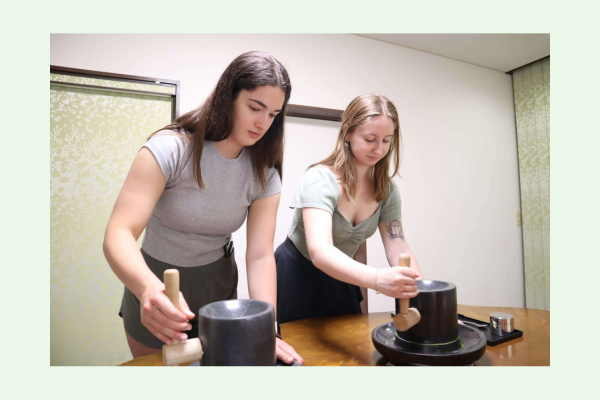
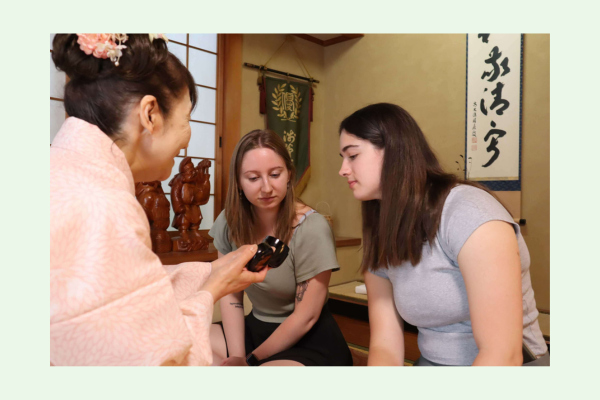
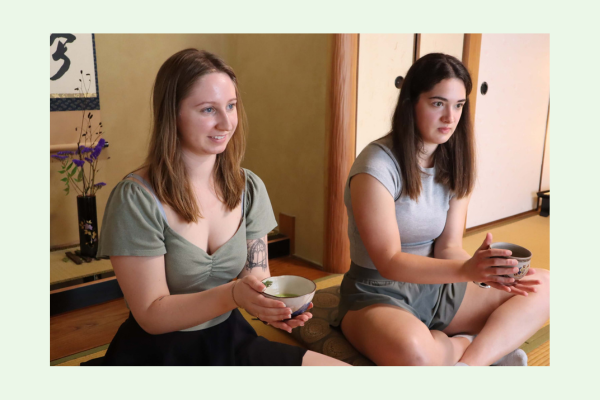
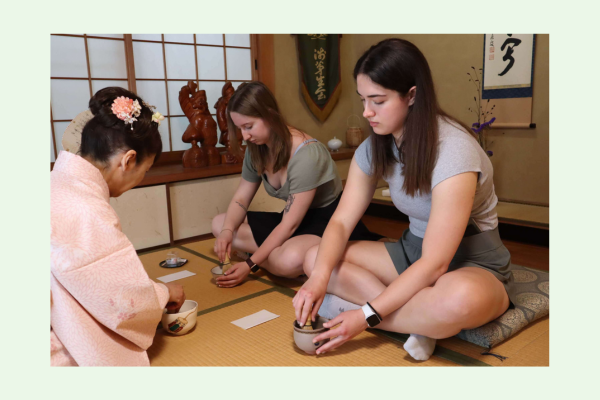
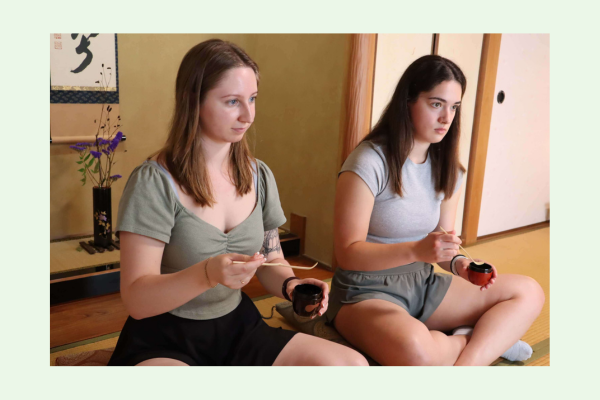
Naoko and I both cherish the phrase “Ichigo Ichie.”
“Ichigo Ichie” means to treasure the present encounter as it’s a once-in-a-lifetime opportunity, and to fully enjoy this moment with all your heart. Encounters with people are truly serious, one-time events. We want to wholeheartedly and fully extend our hospitality.
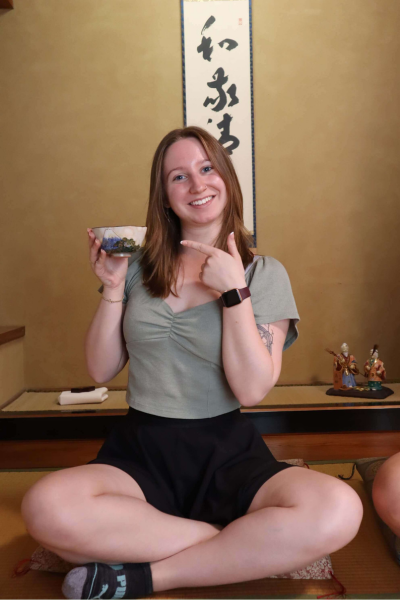
Naoko and I both cherish the phrase “Ichigo Ichie.”
“Ichigo Ichie” means to treasure the present encounter as it’s a once-in-a-lifetime opportunity, and to fully enjoy this moment with all your heart. Encounters with people are truly serious, one-time events. We want to wholeheartedly and fully extend our hospitality.
